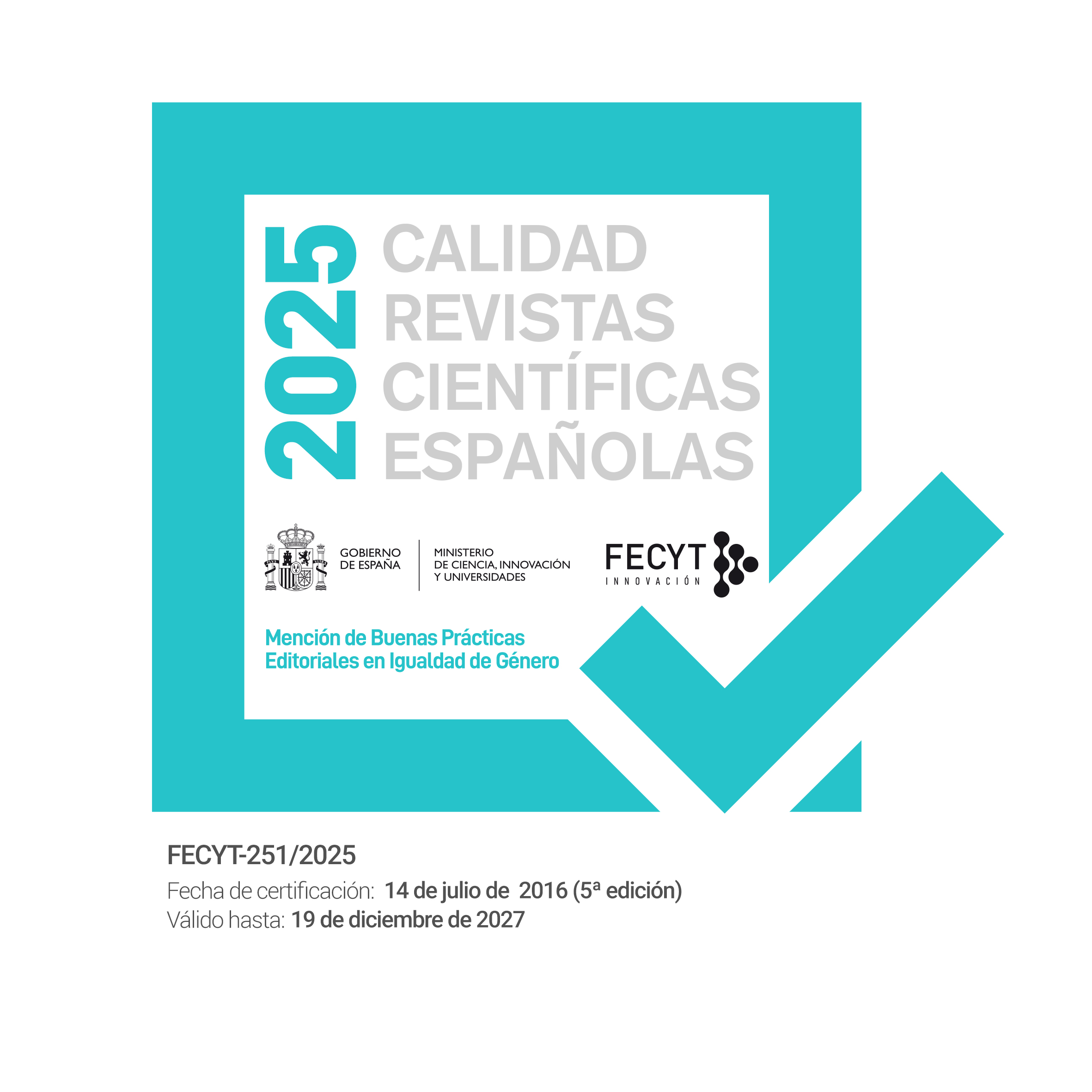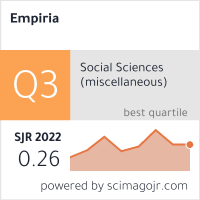Measurement of the electoral crystallization of a social movement: from indignation to vote
DOI:
https://doi.org/10.5944/empiria.38.2018.19715Keywords:
new political parties, social movements, institutionalization, 15M, PodemosAbstract
This article examines the electoral impact of social protest movements, providing new methodological and conceptual approaches to the subject. Two fields of study, social movements and new political parties, seem to have left a sparsely treated gap between the two: the connection between the rise of social movements and the subsequent emergence of new political parties. Specifically, we are interested in investigating how the foundations of a protest movement electorally behave at the emergence of a new party –one that theoretically reflects the central demands of the movement. We analyze how the support to the 15M movement (also known as the Indignants) has evolved into electoral support to Podemos after its first months of existence. To do this, we compare the social profiles of 15M supporters and Podemos voters through the introduction of an electoral crystallization indication. The results suggest that Podemos vote in the 2014 European elections can be seen as an extension of the protests in the electoral field. This continuity with the protest seems to characterize the appearance of the new party, both in the social base of its first electorate as in regard to its narrative-symbolic aspect. Further, its first electoral base did not respond so much to a ‘protest vote’ –in the sense proposed by Van der Eijk– but rather to a ‘vote of the protest’, gaining electoral support from those more identified with the 15M demands. Finally, comparing the results with other studies, we noted that the political and institutional confidence crisis has an asymmetric effect on the electoral dynamics along the ideological spectrum, a much more intense one than observed on the support to the protest movements. Thus, the ideology is presented as the main regulator of the electoral impact of political dissatisfaction among citizens.
Downloads
Downloads
Published
How to Cite
Issue
Section
License
Los autores que publican en esta revista están de acuerdo con los siguientes términos:a) Los autores conservan los derechos de autor y garantizan a la revista el derecho de ser la primera publicación del trabajo al igual que licenciado bajo una Licencia Internacional Creative Commons CC BY-NC-SA 4.0.
b) Se permite y se anima a los autores a difundir electrónicamente las versiones pre-print (versión antes de ser evaluada) y/o post-print (versión evaluada y aceptada para su publicación) de sus obras antes de su publicación, ya que favorece su circulación y difusión más temprana y con ello un posible aumento en su citación y alcance entre la comunidad académica.












